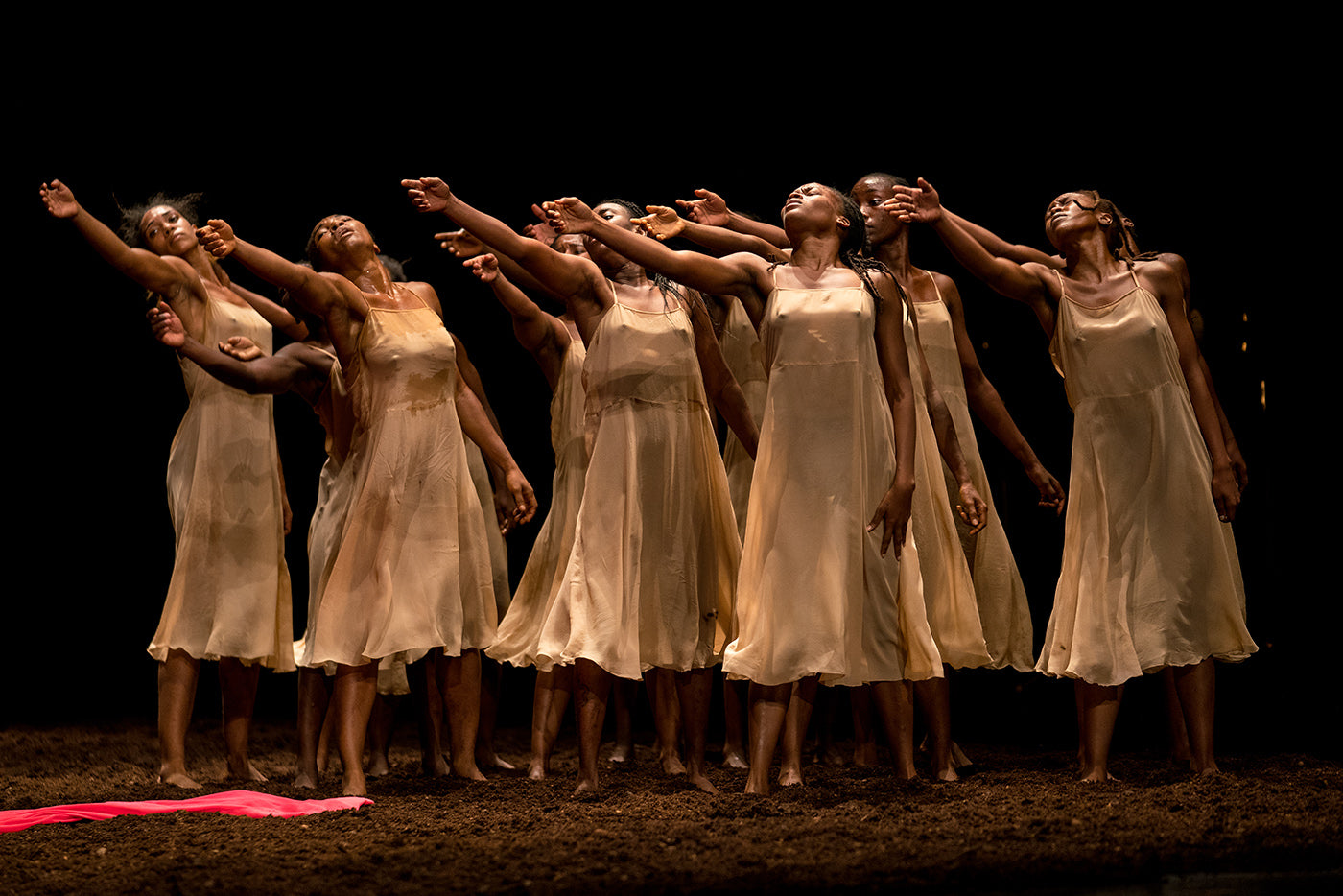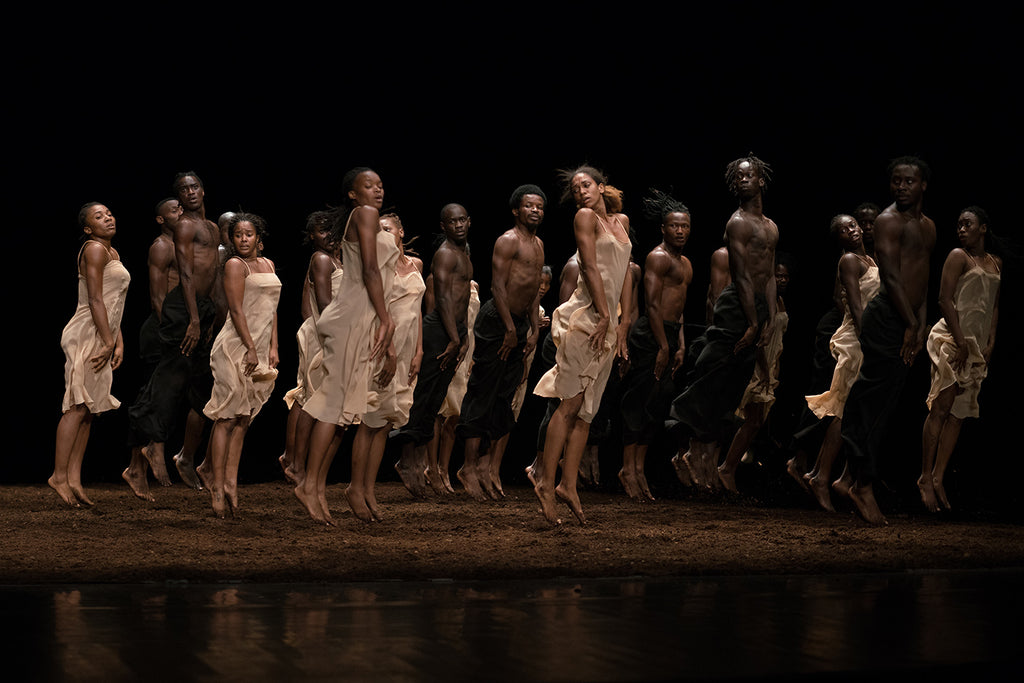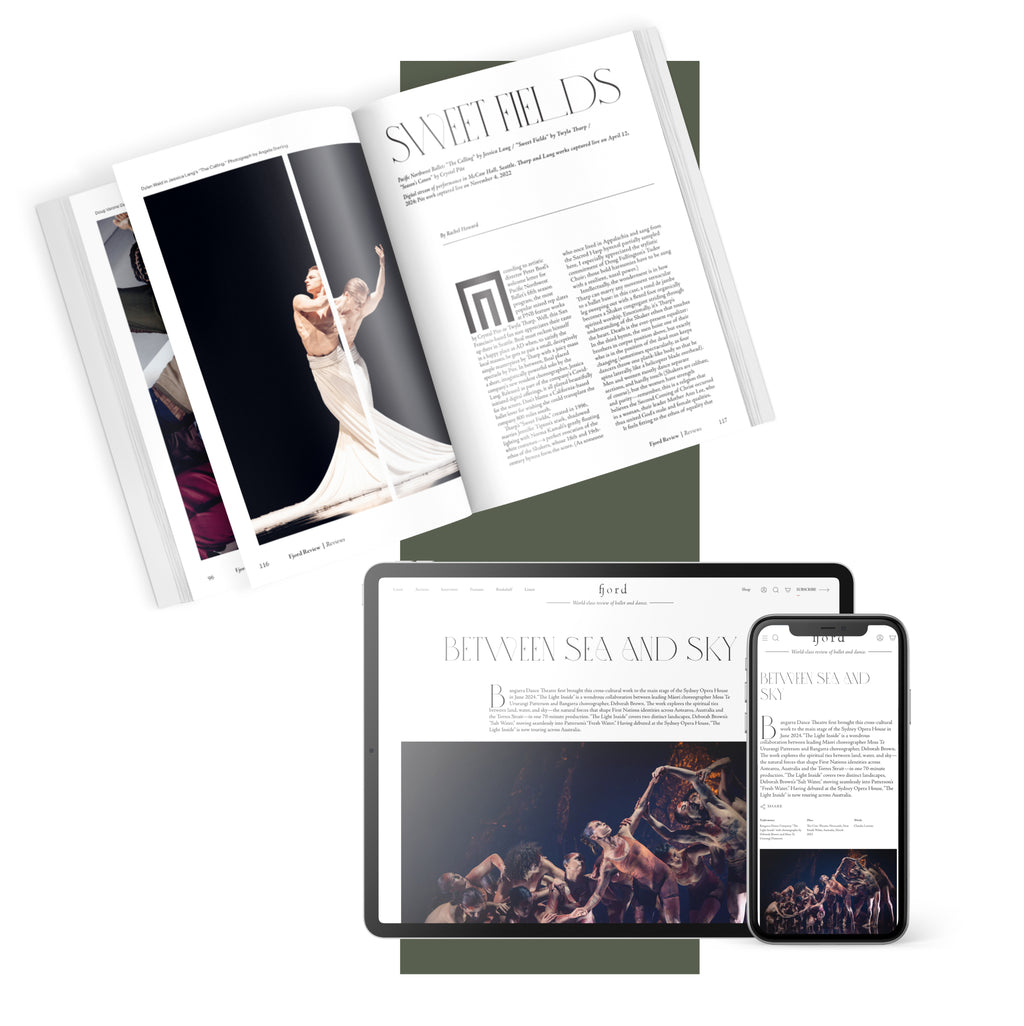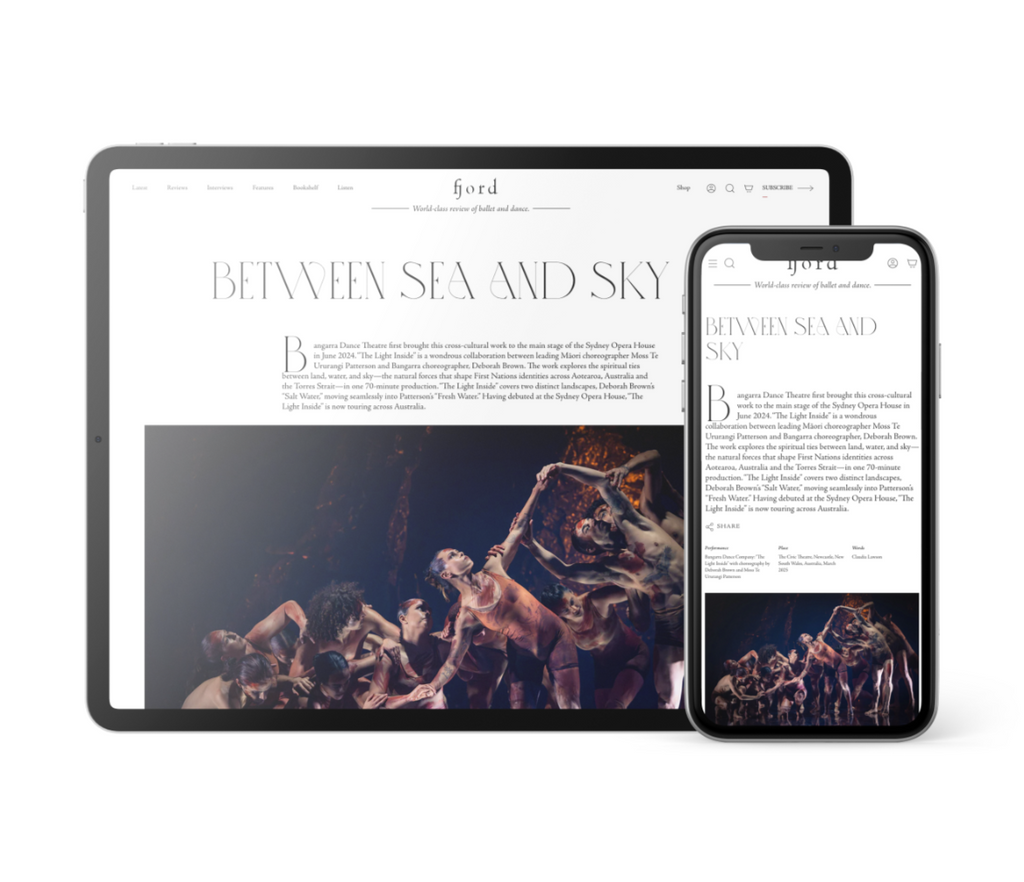Featuring thirty four specially assembled dancers from fourteen African countries, the ensemble will be performing a brand new production of Bausch's original choreography, which first came to the Festival in 1978. The stage will be once again covered in earth, and the movements elegant, jagged, disturbing and challenging. A “victim” will be selected from the throng, presented with the blood red garment, and Igor Stravinsky's wild score will be complemented by thrashing bodies, pitched in battles of desire, hierarchy and sacrifice.
How then, do we regard one of Bausch's classic pieces in 2023, when culture wars make news headlines? What would Bausch herself have made of the divided modern Europe, and the rise of far-right politics, so enmeshed in the push back from the arts world? Dance flourishes most when it has something to respond to. Ghosts of war often stalk across the stage in her work, figures of deep-rooted trauma, wearing wounds, wearied by the trials of lived experience. “The Rite Of Spring” as performed by Nijinsky in 1913 caused riots. Bausch may not provoke to this degree, over a century later, as audiences become more used to provocation, but her power is undiminished, her lyrical movement vocabulary still disquieting. It sticks in your bones and is impossible to shake off, once experienced live. She still provides a discourse around dance methodology, and is not for everyone's taste, but rather, a more discerning viewer.











comments